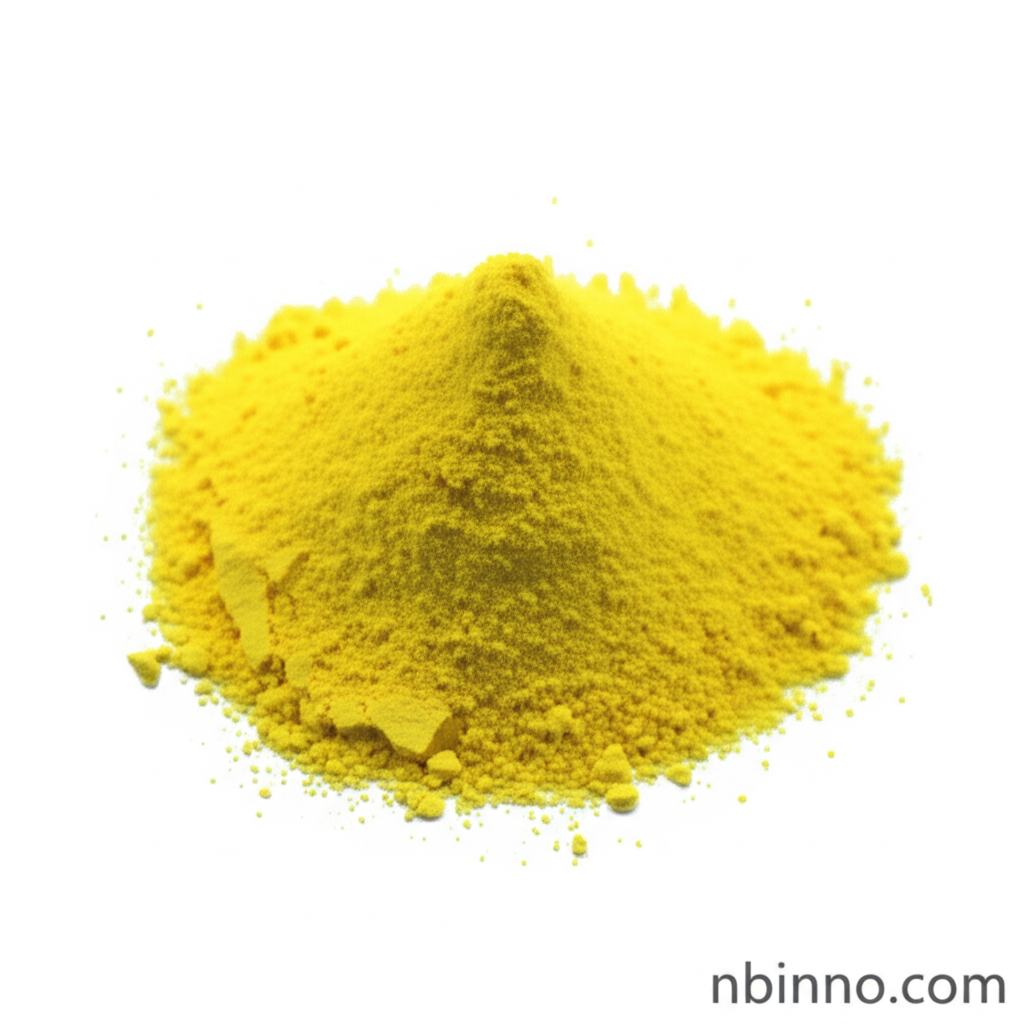Ethacridine Lactate (Rivanol): A Comprehensive Guide to its Properties, Applications, and Benefits
Discover the antiseptic power and medicinal applications of Ethacridine Lactate, a key pharmaceutical compound.
Get a Quote & SampleProduct Core Value

Ethacridine Lactate
Ethacridine Lactate, also known as Rivanol, is a potent antiseptic and disinfectant agent with a significant role in the pharmaceutical industry. It is recognized for its strong efficacy against gram-positive bacteria, making it a valuable component in wound care and various medical applications. Its properties also extend to stimulating uterine contractions, leading to its use in specific obstetric procedures. The compound's versatility and historical significance underscore its importance as a pharmaceutical raw material.
- Explore the ethacridine lactate pharmaceutical applications, highlighting its use as a disinfectant and preservative.
- Understand the rivanol antiseptic properties, detailing its bactericidal effects, particularly against gram-positive microorganisms.
- Learn about the ethacridine lactate mechanism of action, which involves disrupting bacterial cell membranes and inhibiting microbial growth.
- Discover how ethacridine lactate wound healing is supported through its disinfecting capabilities, reducing the risk of infection in injuries.
Product Advantages
Proven Antiseptic Efficacy
Ethacridine lactate demonstrates a strong bactericidal effect, especially against gram-positive bacteria, making it a reliable choice for preventing and treating infections.
Versatile Medical Applications
Beyond wound care, its ability to stimulate uterine contractions offers unique medical applications, as noted in its use for inducing labor, showcasing its diverse utility.
High Purity Pharmaceutical Grade
As a pharmaceutical raw material, Ethacridine Lactate is supplied with high purity levels, ensuring its safety and effectiveness in clinical and manufacturing settings.
Key Applications
Wound Disinfection
Effectively disinfects wounds and mucous membranes, crucial for preventing infection and aiding the healing process, as supported by its rivanol antiseptic properties.
Pharmaceutical Manufacturing
Serves as a vital pharmaceutical raw material for the production of various antiseptic solutions and topical treatments, contributing to healthcare product development.
Obstetric Use
Historically used to induce labor by stimulating uterine contractions, demonstrating a specialized application within gynecology and obstetrics.
Antimicrobial Agent
Its broad-spectrum antimicrobial action makes it valuable in dermatological preparations and other topical applications where combating microbial growth is essential.
